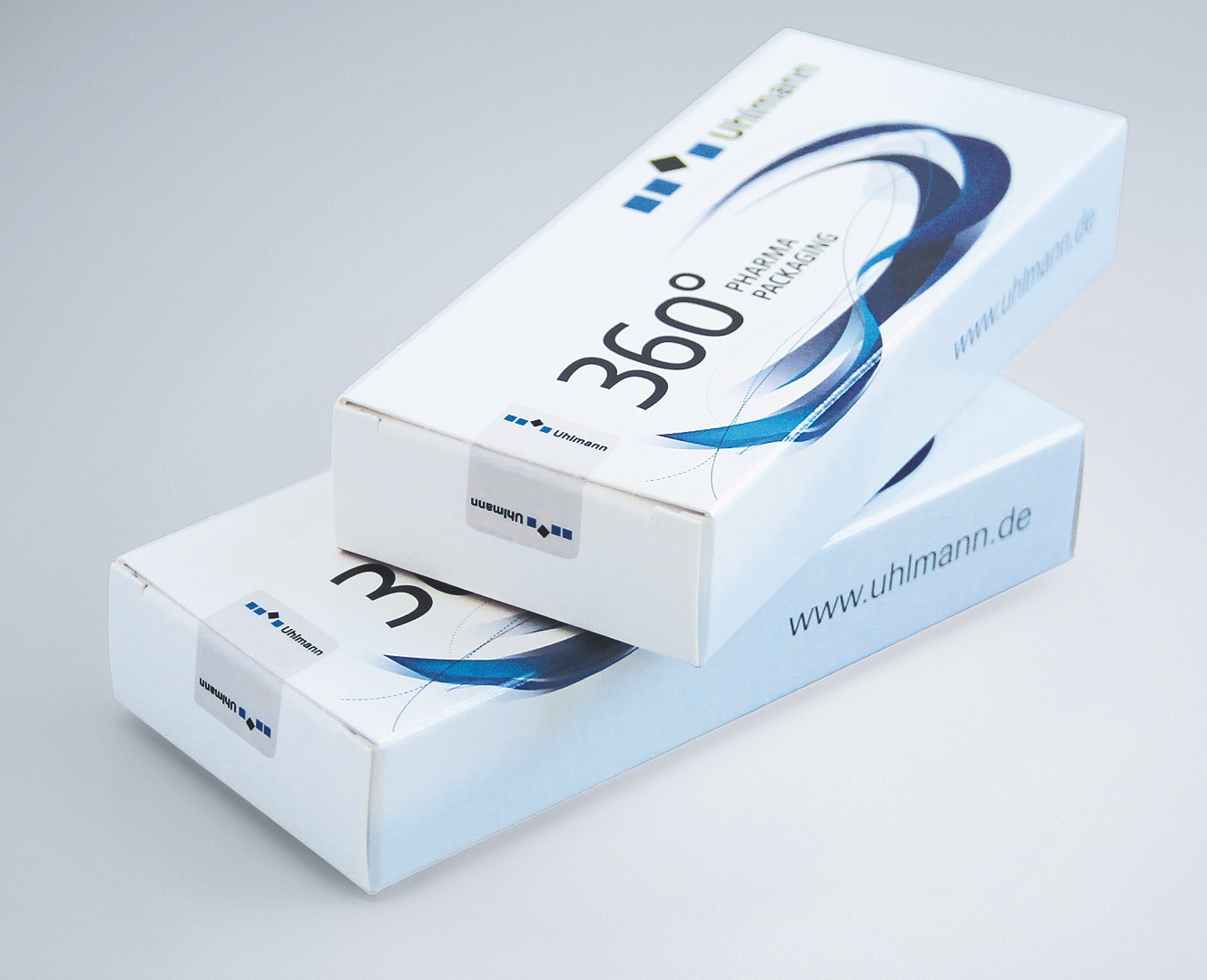Implementation of the EU Falsified Medicines Directive is in full swing at Salutas Pharma and its Polish affiliate LEK. The task in hand was the upgrading of 47 production lines within 1 year.
Prescription medicines in the EU must be marked with a unique identification number as of February 2019. A tamper-evident form of closure is also required to prevent manipulation.
The implementation of these serialisation and tamper-evidence specifications means a lot of effort on the part of the pharmaceutical manufacturers and means intervention in sensitive processes.
Salutas Pharma and LEK, both subsidiaries of Sandoz companies belonging to the Novartis Group, addressed these challenges together with Uhlmann. The pharmaceutical packaging specialist fitted all 47 packaging lines with serialisation units within a tight time schedule.
The Salutas sites in Barleben and Osterweddingen are modern and efficient pharmaceutical production facilities.
“Around 8 billion tablets and capsules leave our Barleben plant alone in a year,” reported Kay Reinhardt, Team Leader Engineering Projects at Salutas Pharma. A large proportion of these are marketed within the EU.
“Altogether, it was 26 packaging lines in Barleben and Osterweddingen that we had to modify appropriately.”
In addition, the Polish affiliate LEK was planning a project of similar scale. This increased the number of lines to almost 50. The upgrading of so many practically identical lines poses a major mechanical engineering challenge.
Added to this, the generics manufacturer had stipulated an extremely tight time schedule to keep costly downtimes short and avoid supply shortages. When it came to selecting a supplier, innovative technology, broad expertise, and not least, the size of Uhlmann proved to be convincing factors.
The ability of the partner to execute a project of this magnitude was an essential criterion for Salutas.
“As we have been working with Uhlmann since the 1990s, we are familiar with the company’s project management and were certain that we would receive the necessary support,” said Kay Reinhardt.
Salutas opts for the Uhlmann serialisation platform

The project partners defined the machine and project details in mid-2016 and drew up an ambitious implementation plan. Salutas opted for the compact Uhlmann serialisation platform USP.
The module-based platform incorporates components for weighing, printing, inspection and tamper-evident labeling. The serialisation process involves the marking of the cartons with a 2D data matrix code, which is read by a camera and transmitted in real time to a site server.
“We worked with Uhlmann to adapt the machine and the software so everything optimally meets our requirements,” said Reinhardt.
Having finalised a pilot machine in May 2017, the actual roll-out – dealing with six lines at a time in one block – began in October 2017.
“We worked in a 5 week rhythm from then on, moving from block to block,” said Reinhardt.
All the cogs meshed perfectly: while the upgraded lines, always four in Germany and two in Poland, were put into operation, Uhlmann prepared the next serialisation units and carried out the subsequent factory acceptance tests (FAT) together with the customer.
The last machine was released for production at the end of September 2018 and the technical installation completed. The teams will concentrate on correcting the usual teething problems in the coming weeks so that production complies with all the EU specifications at the beginning of February 2019.
“Last, but not least, everything must function at a personal level. That also distinguished our cooperation with Uhlmann.”
The success of the large-scale project was essentially based on four pillars: good preparation, extensive testing of the pilot machine, strict adherence to the time schedule, and, not least, dedicated, well-coordinated project teams.
